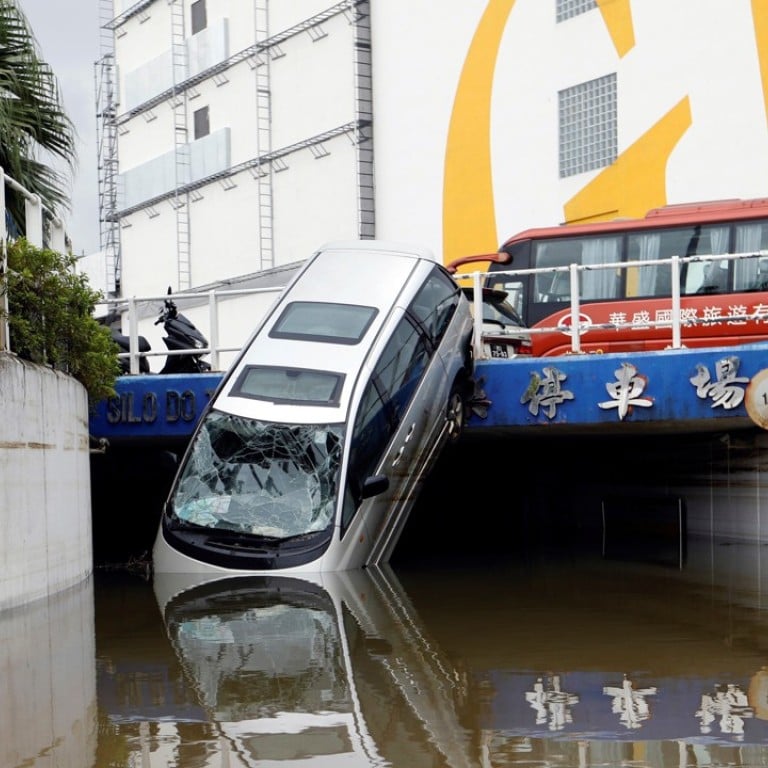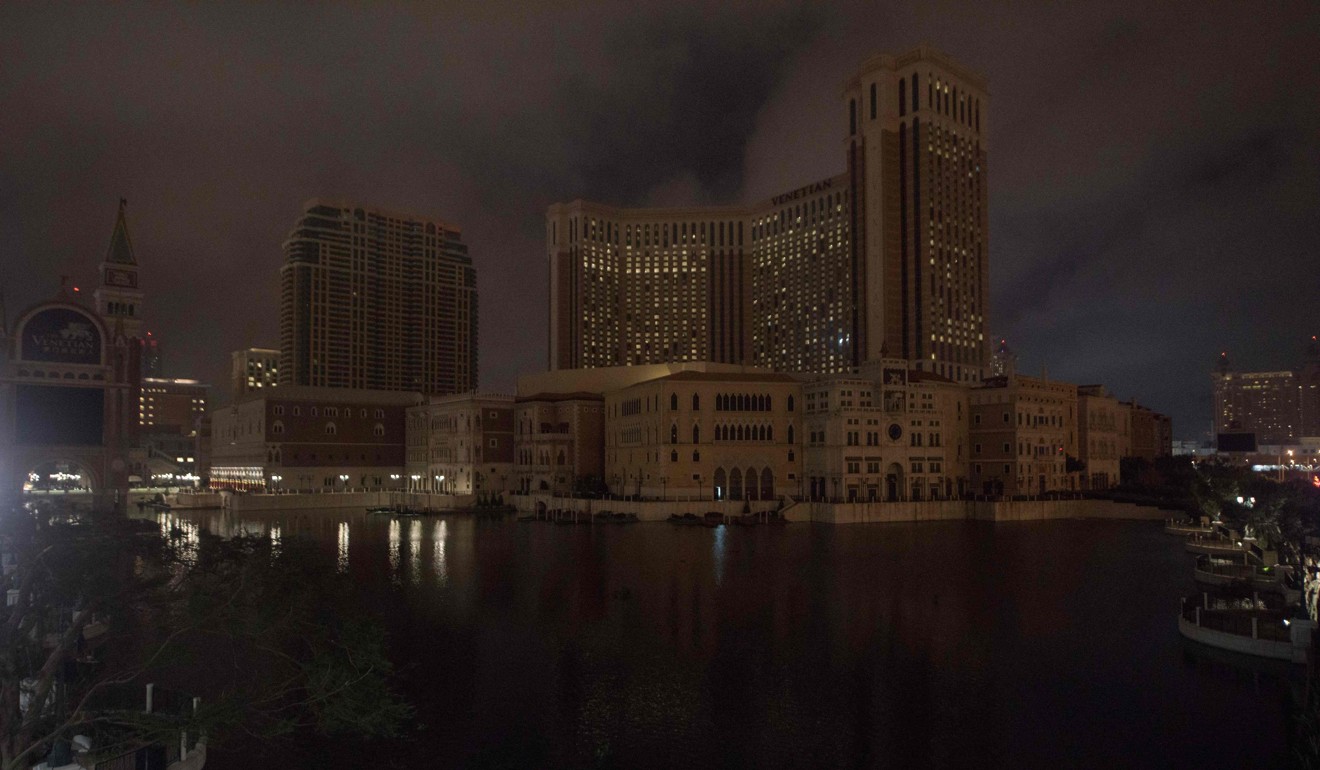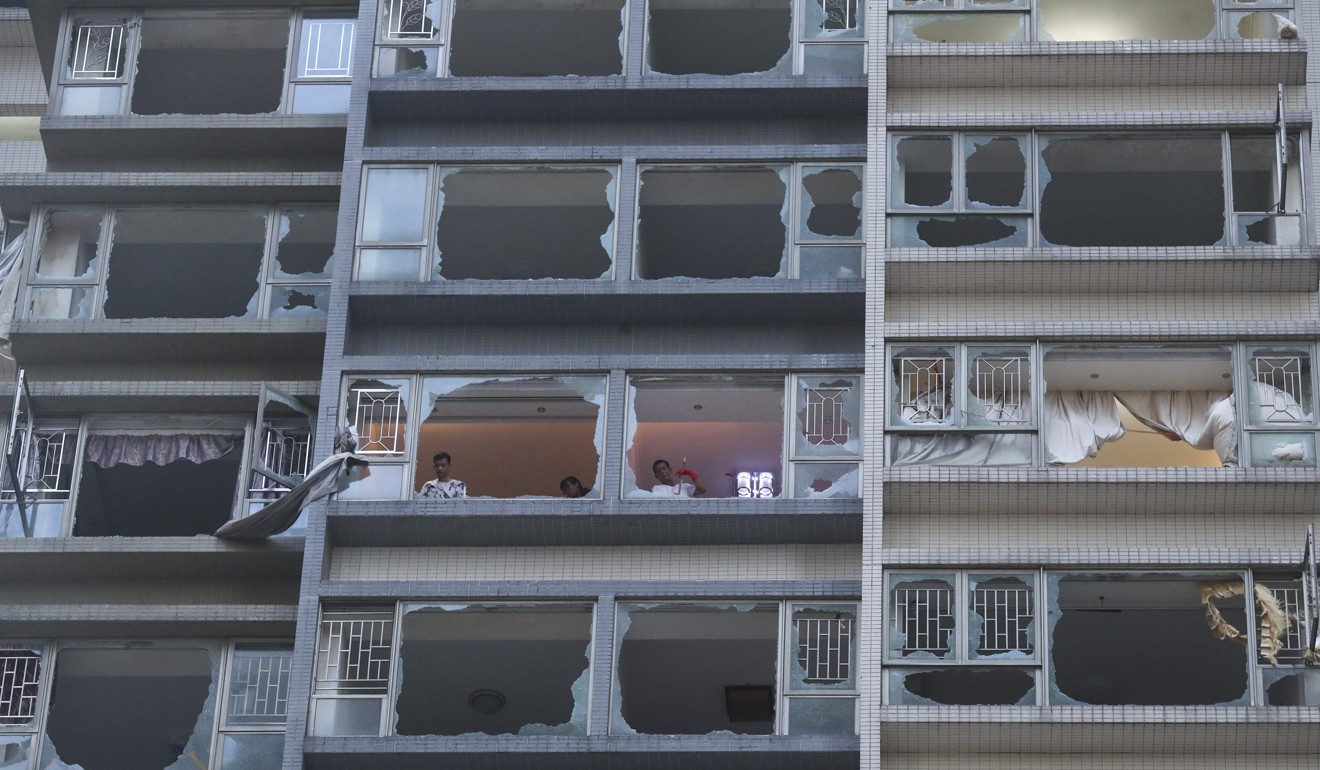
Cost to casinos may have been key to Macau’s late warning on Typhoon Hato
Requirement to pay overtime to staff during typhoons no doubt figures in decisions on storm warnings, sources with knowledge of civic protection plans say
Macau meteorological officials who failed to predict the ferocity with which deadly Typhoon Hato would hit the gaming hub may have held off raising the highest storm warning because of the financial impact on the city’s casinos.
As the clean-up continues after Hato ripped through the former Portuguese enclave, killing 10 people, injuring scores more and leaving more than half the city without water and electricity, sources with knowledge of the government’s civic protection plans said the “casino factor” – real or perceived – almost certainly played a part in the delay raising the alarm.
No water, rubbish floating in the streets, and another storm on the way: Macau struggles to recover after Typhoon Hato
A recent reorganisation of the city’s emergency services to deal with such events may also have contributed to the chaos and loss of life, the sources said.

The aftermath of Hato has already led to the resignation of Fong Soi-kun, the head of the Meteorological and Geophysical Bureau, and raised questions over how a city awash with gaming riches – giving it one of the highest per capita gross domestic products in the world – was not properly prepared.
Faced with the scale of the post-storm clean-up and inability of the Macau government to cope, soldiers from the city’s People’s Liberation Army garrison had to make an unprecedented departure from their barracks on Friday to tackle Hato’s chaotic aftermath.
Chinese army garrison called in to help Macau rescue and recovery efforts in wake of Typhoon Hato
A source told the Post: “From the time the typhoon No 8 signal is hoisted, casinos are mandated to pay all staff overtime. While this might well be something the bigger operators can cope with, for the smaller casino sub-concessions it is a different matter.

“There need not be any direct, overt pressure as such, but there can be no doubt the ‘casino factor’ plays into the thinking of those charged with making storm signal decisions,” the source added.
Tens of thousands of people, from executives and croupiers to pit bosses and ancillary staff, are employed in the city’s gaming industry, which has exploded over the past 15 years, making Macau the world’s most cash-rich gambling centre.
New storm brewing could hit Hong Kong and Macau early next week
The meteorological bureau first came under fire in August last year, after it failed to raise the No 8 signal when Typhoon Nida struck the city.
The criticism continued this week after the bureau predicted that a maximum wind speed of 118km/h was expected for Typhoon Hato, but only raised the No 3 warning at around 3am on Wednesday.
The No 8 signal was eventually raised on Wednesday morning about nine hours after Hong Kong issued the same signal. It indicates wind speeds ranging from 63km/h to 117km/h are expected, and gusts reaching about 180km/h.
A No 10 signal was issued shortly before noon – too late for residents already on their way to work.
“The government cannot handle the challenge in the way people expect from a self-claimed first-class city,” political commentator Larry So Man-yum said.

